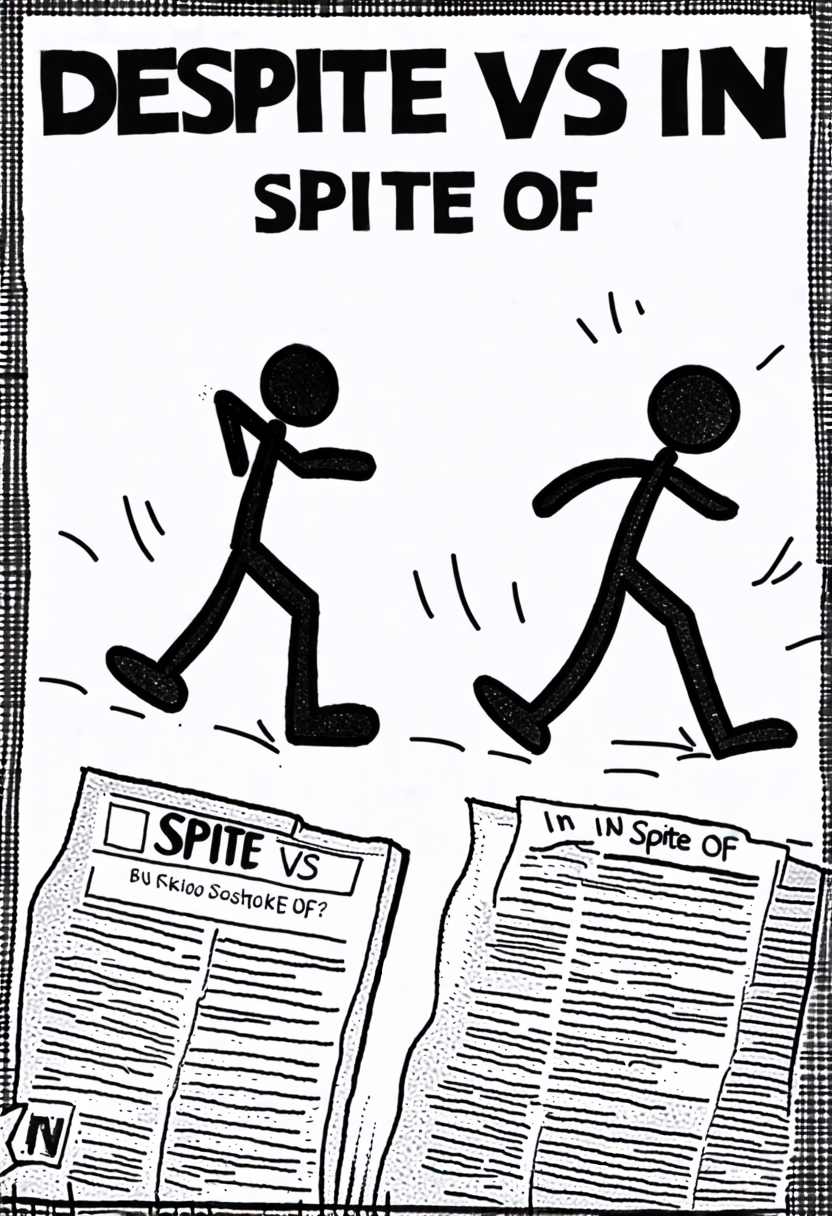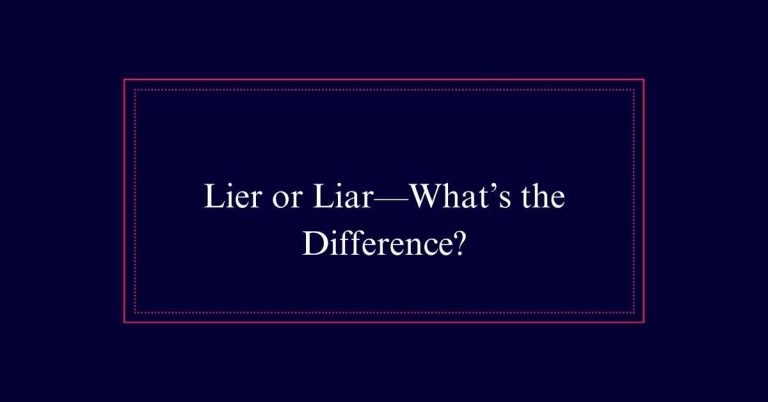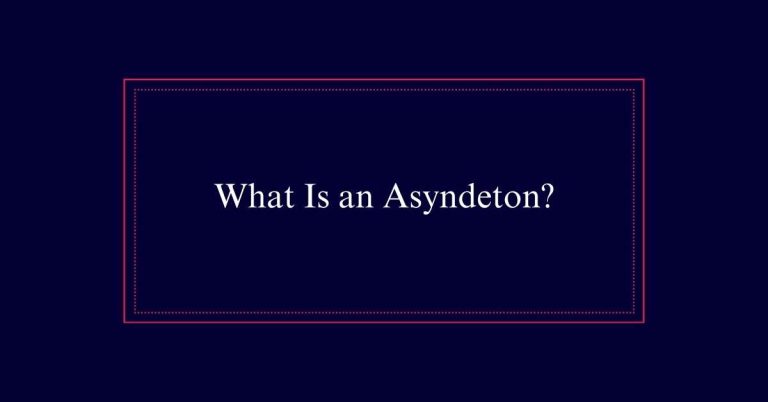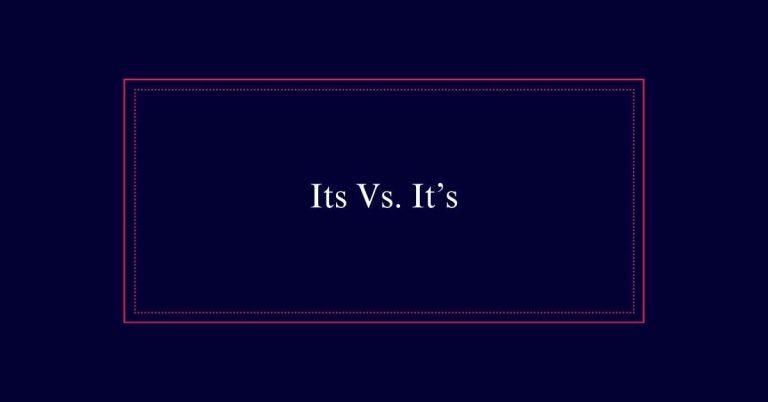Despite Vs. in Spite Of
‘Despite’ and ‘in spite of’ both mean ‘regardless of’ and are used to show contrast. They are interchangeable in most contexts. ‘Despite’ is often considered more formal. Both can start or be within a sentence without changing the meaning. They are followed by nouns or gerunds (e.g., ‘Despite the rain’ or ‘In spite of working late’).
Sentence Placement
Starting with sentence placement, both ‘despite’ and ‘in spite of’ can be positioned at the beginning or in the middle of a sentence. These prepositions are versatile, allowing flexibility in writing.
When placed at the beginning, they are often followed by a comma and introduce a contrasting clause. For example, ‘Despite the rain, the event continued.’
When used in the middle, they connect two contrasting ideas within the same sentence, such as, ‘The event continued despite the rain.’ This construction ensures the independent clause remains vital, balancing the contrast effectively.
Both phrases are generally interchangeable, offering consistency in stylistic choices. Proper placement guarantees clarity and strengthens the contrast conveyed in the sentence.
Showing Contrast
Both ‘despite’ and ‘in spite of’ are used to show a clear contrast between two elements in a sentence. They serve to highlight how one element occurs regardless of another conflicting element. This contrast is often illustrated in sentences where an independent clause follows these prepositions. Below is a table that compares different elements to provide clarity:
| Element | Example with ‘despite’ | Example with ‘in spite of’ |
|---|---|---|
| Noun | Despite the rain, we went out. | In spite of the rain, we went out. |
| Gerund | Despite feeling tired, he ran. | In spite of feeling tired, he ran. |
| Phrase with ‘how’ | Despite how it looks, it’s fine. | In spite of how it looks, it’s fine. |
| Phrase with ‘what’ | Despite what he said, I stayed. | In spite of what he said, I stayed. |
Start or Middle
‘Despite’ and ‘in spite of’ can be positioned either at the beginning or in the middle of a sentence to indicate contrast. For example, ‘Despite the rain, we went hiking’ places ‘despite’ at the start. Alternatively, ‘We went hiking despite the rain’ positions it in the middle.
Both placements highlight the contrast effectively.
When used at the beginning, these phrases set the stage for the main clause, emphasizing the unexpected action that follows. When placed in the middle, they draw attention to the contrast within the ongoing action.
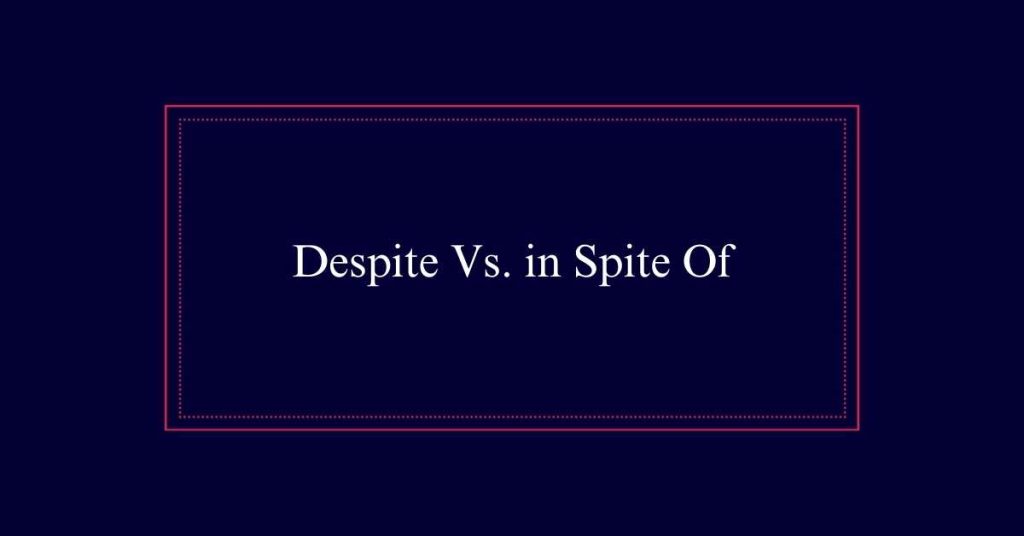
This flexibility allows writers to choose the most impactful structure for their sentences. Both options are grammatically correct and interchangeable in most contexts.
Balancing Clauses
Balancing clauses is essential when using ‘despite’ or ‘in spite of’ to guarantee the contrast is clear and meaningful. These prepositions show a relationship of contrast between two ideas.
To achieve balance, each clause must be properly structured. Typically, ‘despite’ or ‘in spite of’ is followed by a noun, gerund, or phrase starting with ‘what’ or ‘how’. The contrasting clause, often an independent clause, highlights the opposite point.
For example, in the sentence ‘Despite the rain, we continued our hike,’ the clause ‘we continued our hike’ balances the initial contrast introduced by ‘Despite the rain.’ This structure ensures the reader clearly understands the unexpected outcome or opposition between the two ideas. Proper balancing enhances clarity and impact.
Independent Clause Importance
The crucial role of the independent clause in ensuring the contrast created by ‘despite’ or ‘in spite of’ is effectively communicated cannot be overstated. This clause provides the main idea, while the preposition introduces an opposing element. Without the independent clause, the contrast lacks context and clarity. Consider the table below:
| Phrase Example | Independent Clause | Meaning Clarification |
|---|---|---|
| Despite the rain | We went for a walk | Action taken despite a hindrance |
| In spite of his age | He ran a marathon | Achievement despite a challenge |
| Despite the noise | She finished her work | Task completed despite distraction |
| In spite of the delay | They arrived on time | Success despite a setback |
Interchangeable Usage
Therefore, understanding how ‘despite’ and ‘in spite of’ function in sentences brings us to their interchangeable usage in most contexts. Both phrases serve as prepositions that indicate contrast. They can be placed at the beginning or in the middle of sentences.
For example, ‘Despite the rain, we went hiking’ and ‘In spite of the rain, we went hiking’ convey the same meaning. Both expressions are followed by a noun, gerund, or a phrase, ensuring flexibility in usage. Their interchangeable nature allows writers to choose either without changing the sentence’s meaning.
The choice between them often depends on stylistic preference rather than grammatical necessity. Therefore, understanding their interchangeable use simplifies constructing sentences that show contrast.
Following Prepositions
After ‘despite’ or ‘in spite of,’ the options for what follows are limited to nouns, gerunds, or specific phrases.
Nouns are straightforward and provide clarity. For example, ‘despite the rain’ or ‘in spite of his efforts’ are typical uses.
Gerunds, which are verbs acting as nouns, also fit well. Examples include ‘despite running late’ or ‘in spite of feeling tired.’
Specific phrases often start with ‘what’ or ‘how,’ adding depth to the contrast. Phrases like ‘despite what happened’ or ‘in spite of how it looks’ enhance the sentence.
These structures help convey the intended meaning clearly and maintain grammatical correctness. Understanding these options ensures precise and effective communication.
Nouns and Gerunds
Nouns and gerunds are vital elements that follow ‘despite’ or ‘in spite of’ to convey contrast effectively. Nouns provide a straightforward way to illustrate the contrast. For instance, ‘despite the rain’ and ‘in spite of his efforts’ show clear contrasts using nouns.
Gerunds, the -ing form of verbs acting as nouns, also work well. Examples include ‘despite feeling tired’ or ‘in spite of running late.’ These phrases incorporate actions as nouns, adding depth to the contrast.
Both nouns and gerunds are essential for constructing sentences that clearly communicate opposition or defiance. They help to balance the sentence, making the intended contrast more understandable and impactful for the reader.
Fixed Idioms
Fixed idioms, like ‘in spite of oneself,’ are unique phrases that carry specific meanings beyond their individual words. These idioms are set expressions where the collective meaning is not immediately clear from the individual components.
For example, ‘in spite of oneself’ means to do something unintentionally or without fully intending it. This phrase is often used to describe actions done against one’s own desires or better judgment. Understanding these idioms is essential for mastering nuanced English expressions.
They add depth and specificity to language, often conveying emotions or situations that are otherwise hard to articulate. Fixed idioms play a significant role in both spoken and written communication.
Origins and Evolution
The origins of despite and in spite of trace back to the concept of spite, which denotes ill will or hatred. Historically, spite involved grudges and intentional harm. Over time, despite and in spite of evolved from this negative origin to express contrast without hostility. Their contemporary usage is less about ill will and more about defiance or overcoming obstacles. These terms illustrate persistence or resilience in the face of adversity.
| Term | Evolution |
|---|---|
| Despite | From ill will to contrast |
| In Spite Of | From hatred to defiance |
| Spite | Original concept of ill will |
